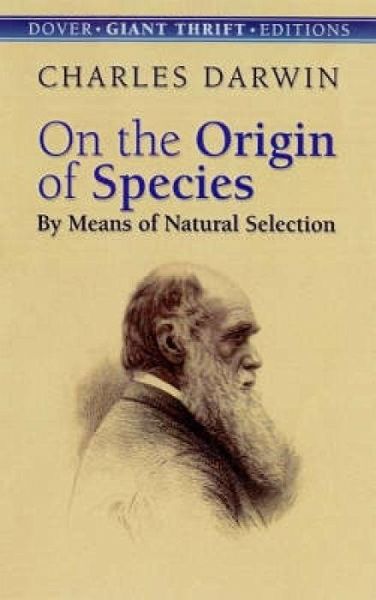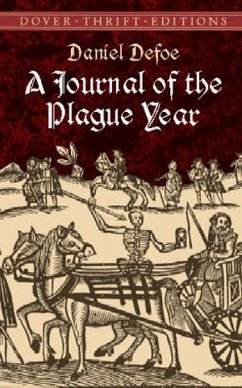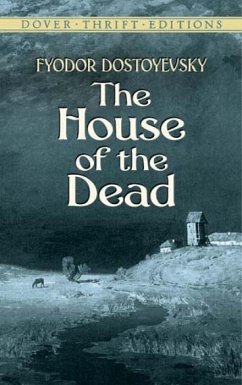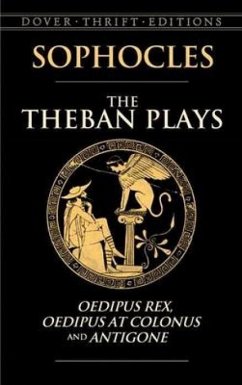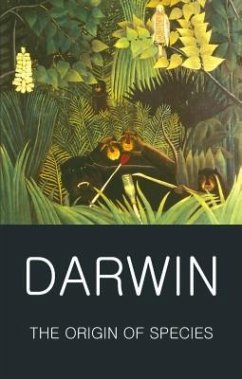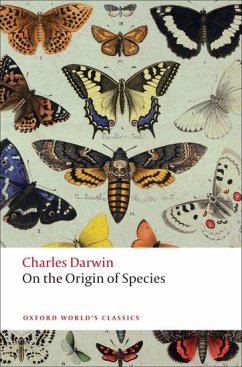Versandkostenfrei!
Versandfertig in 2-4 Wochen

PAYBACK Punkte
10 °P sammeln!




Originally published: London: J. Murray, 1859.
Presents Charles Darwin's treatise on evolution.
Charles Darwin was born in England in 1809 and attended the University of Edinburgh to study medicine. When he decided against that vocation, he enrolled at Cambridge where he earned a degree in theology. During an expedition to Africa and South America, Darwin continued his studies in natural science and began writing about his theories of natural selection. His work led to the publication of On the Origin of Species, a book that changed the world. Charles Darwin: Original Thinking Each generation of students comes to Darwin's epoch-making works, several of which are the basis of our publishing program in biology and related fields: The Essential Darwin, 2006; The Descent of Man, 2010; The Expression of the Emotions in Man and Animals, 2006; and On the Origin of the Species, 2006. In the Author's Own Words: "A mathematician is a blind man in a dark room looking for a black cat which isn't there." "I feel most deeply that this whole question of Creation is too profound for human intellect. A dog might as well speculate on the mind of Newton! Let each man hope and believe what he can." "Ignorance more frequently begets confidence than does knowledge: it is those who know little, not those who know much, who so positively assert that this or that problem will never be solved by science." "There is grandeur in this view of life, with its several powers, having been originally breathed into a few forms or into one; and that, whilst this planet has gone cycling on according to the fixed law of gravity, from so simple a beginning endless forms most beautiful and most wonderful have been, and are being, evolved." >
Produktdetails
- Dover Thrift Editions
- Verlag: Dover Publications Inc.
- Seitenzahl: 336
- Erscheinungstermin: 27. Oktober 2006
- Englisch
- Abmessung: 211mm x 133mm x 22mm
- Gewicht: 246g
- ISBN-13: 9780486450063
- ISBN-10: 0486450066
- Artikelnr.: 21901737
Herstellerkennzeichnung
Libri GmbH
Europaallee 1
36244 Bad Hersfeld
gpsr@libri.de
Für dieses Produkt wurde noch keine Bewertung abgegeben. Wir würden uns sehr freuen, wenn du die erste Bewertung schreibst!
Eine Bewertung schreiben
Eine Bewertung schreiben
Andere Kunden interessierten sich für



